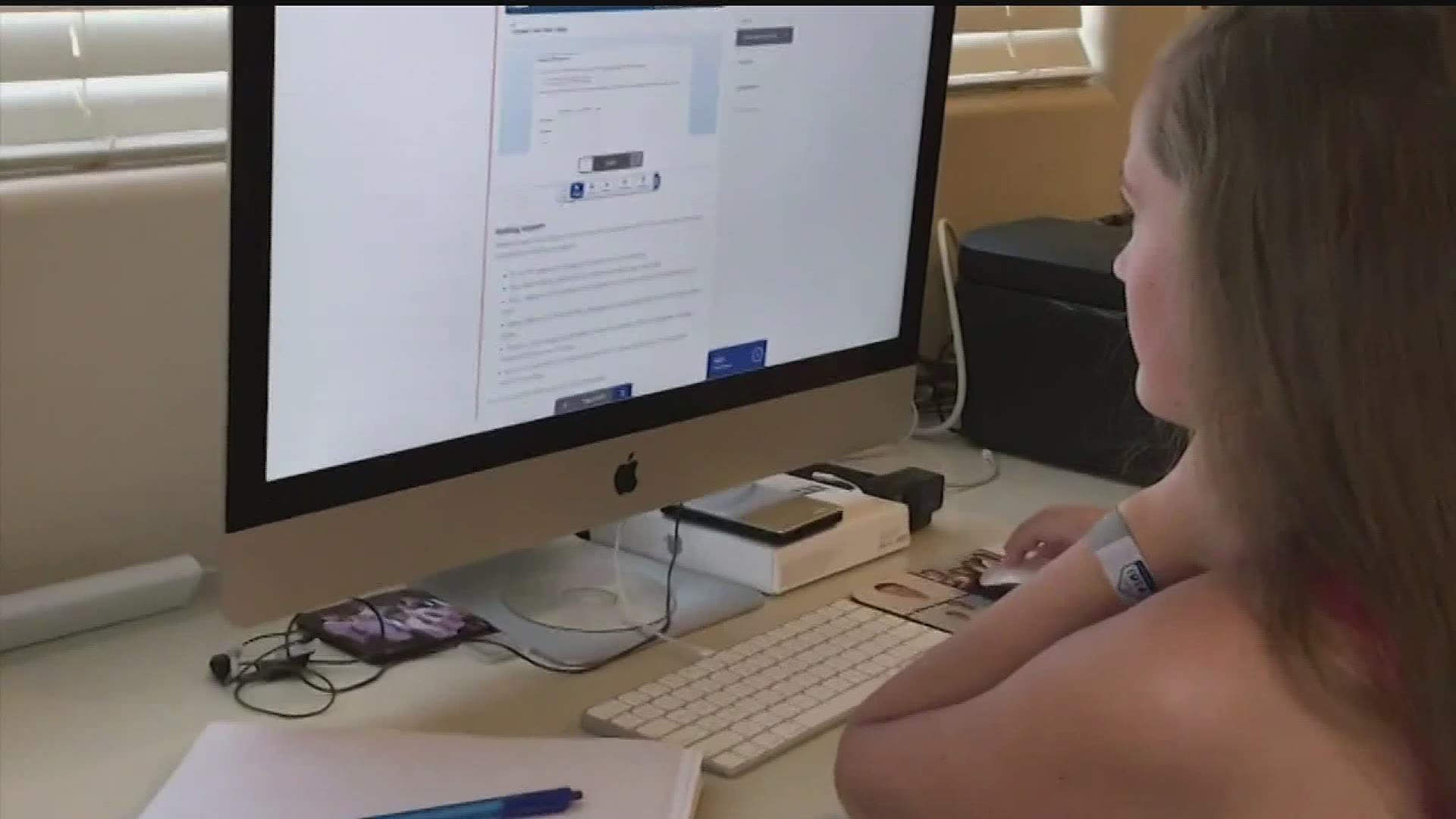Are you thinking of taking cyber classes or enrolling your child in cyber school this year?
Whether it's through a district-run program or cyber academy, there are 10 questions every parent needs to ask. And, five of them are non-negotiable, says Dr. Reese Flurie III, a cyber education expert who specializes in aiding school systems, government entities, and private companies to develop plans.
His list of 10 questions not only applies to parents and students, but also to school districts as right now they work to upgrade the online programs that many rolled out this spring when school buildings shutdown due to COVID-19 in March.
School districts are currently forming personalized plans for students this fall that will then be submitted to the PA Department of Education. Multiple districts are offering students and parents an option of 1) in-person classes 2) district-offered cyber programs 3) cyber academies 4) a hybrid approach.
The Pennsylvania State Education Association has also called on every district in the state, including those that plan to hold all in-person classes, to form a cyber plan to prepare for any changes throughout the school year.
Dr. Flurie's first piece of advice to districts: don't try to compete with cyber academies. Instead, ask the right questions when building school programs.
"If you're a traditional school district the majority of families are not looking for a change. They're used to that. That's how their parents went to school. They understand how that works," said Dr. Flurie. Instead, he suggests that districts ask questions such as: What goes into a good quality education? What types of things are expected in a traditional classroom environment?
"I think so many of them rush into that online programming. They either don't ask vendors the right question or they don't provide adequate training to the teachers so they can meet those same standards of what they're doing online or hybrid model," said Flurie.
As for parents, Flurie has a list of 10 questions to ask about regarding online schools or programs. Flurie calls the first 5 'non-negotiable.'
1. Is the learner provided live instruction in each subject each day, if requested?
"Whether it be in person or something like Zoom, are they provided instruction every day if they request it?" said Flurie.
2. Is the learner permitted to work synchronously (stay with the group) and asynchronously (at his or her own pace) in each class, or is it either/or decision for all classes?
3. Is all content including all lessons 508 compliant (accessible for all students regardless of disability) and available to blind or hearing-impaired learners using close captioning and voice to text options?
4. Are all teacher produced, live instructional lessons recorded so learners and parents can watch them again or watch if he/she misses a lesson?
"To me, that's a non-negotiable. Lessons have to be recorded so that students can rewatch it for review in case they didn't get it," said Flurie. "And, that parent can watch that lesson in case they need to provide some support."
5. Are supports provided to parents and learners such as after-hours tech support or mentoring by experienced families?
6. What social activities are provided both in-person and virtually?
7. How often do teachers talk with the parent via phone or video conferencing?
8. Are learners permitted to take classes from different grade levels?
9. Are all equipment and curricular materials provided, such as laptop, headphones, internet access and consumable class materials?
10. Can a student move in and out of a fully online, hybrid or in person program as desired?
Dr. Flurie is CEO of The Flurie Solutions Group, LLC, thefluriegroup@outlook.com.

